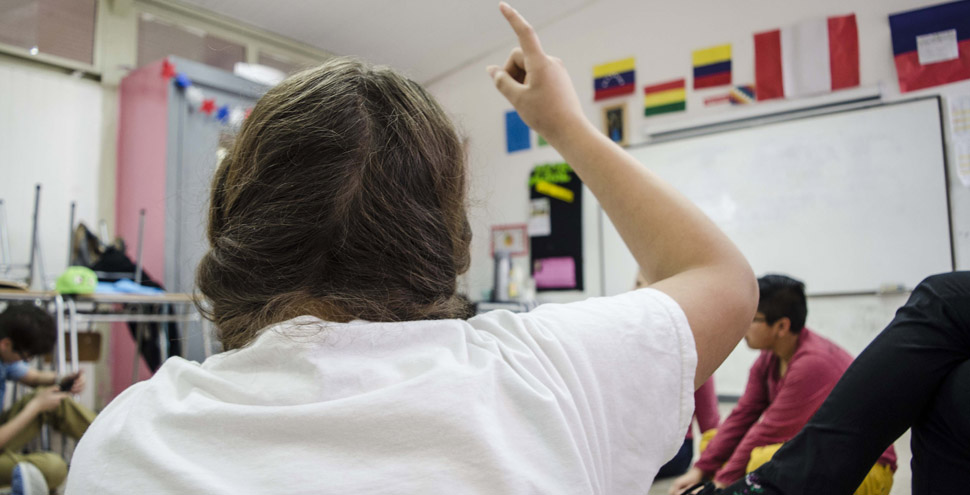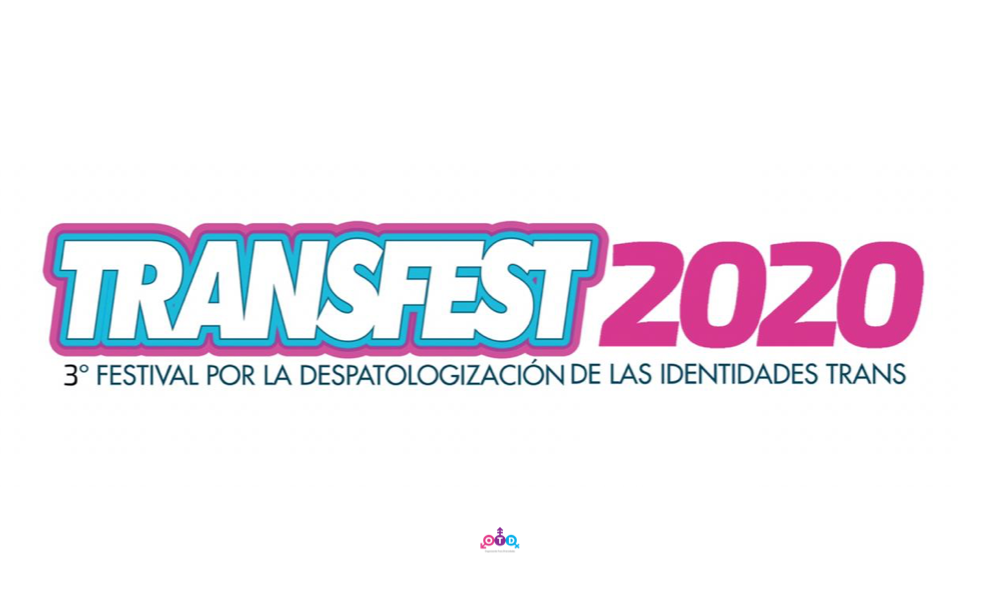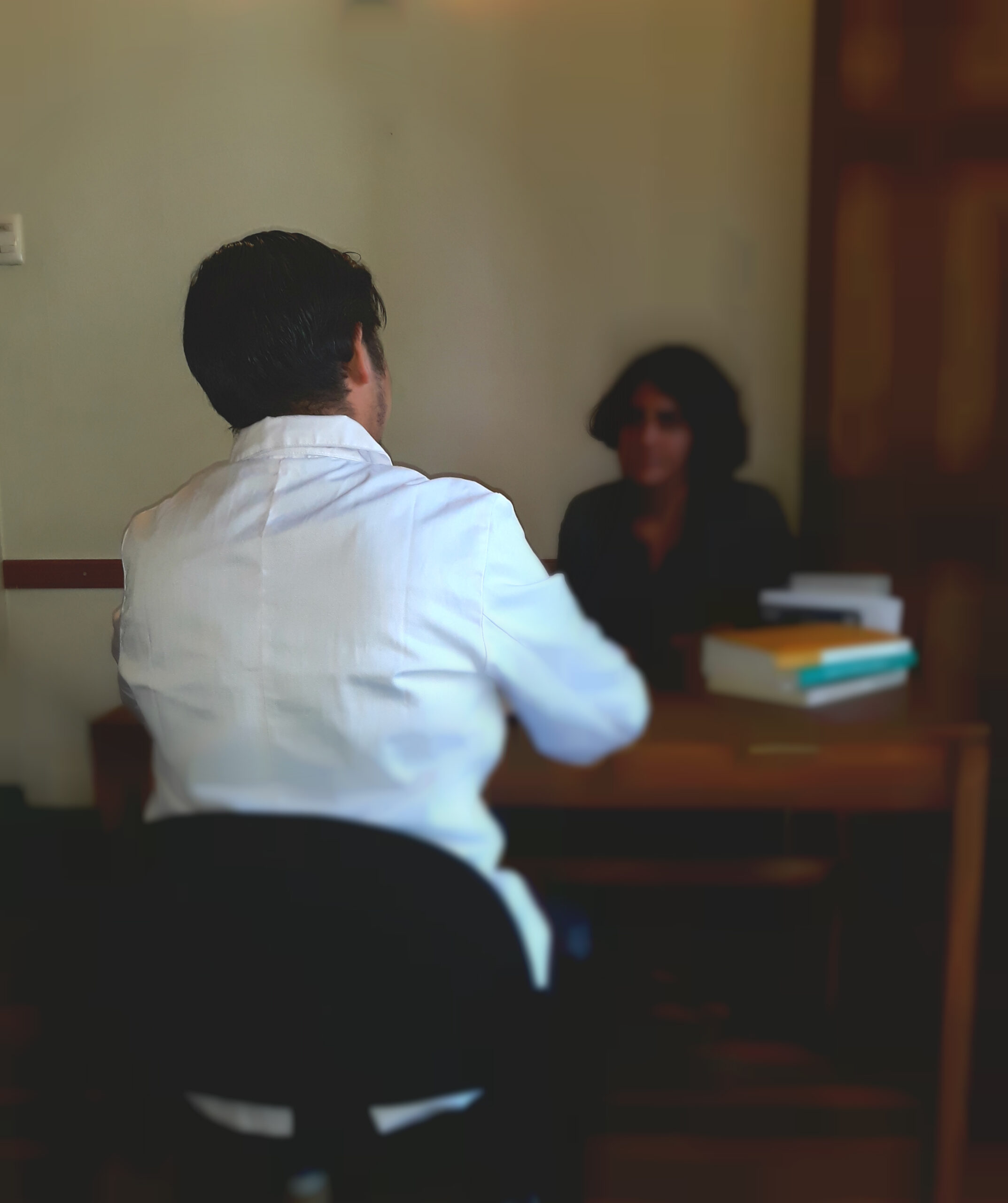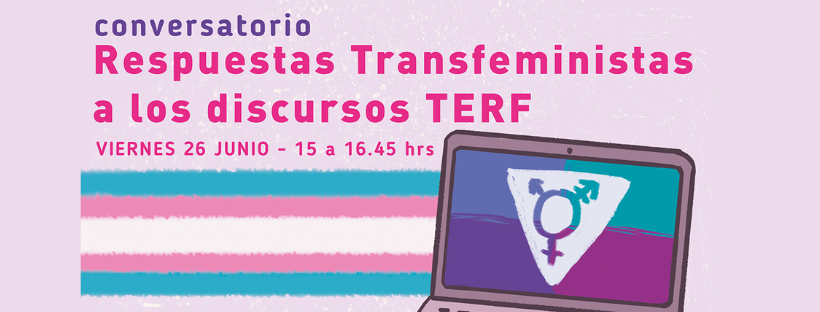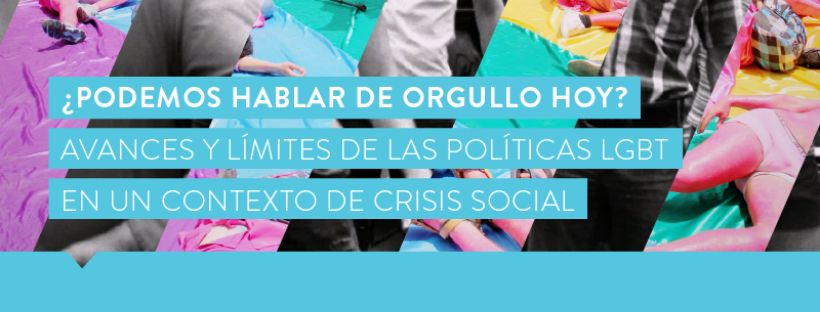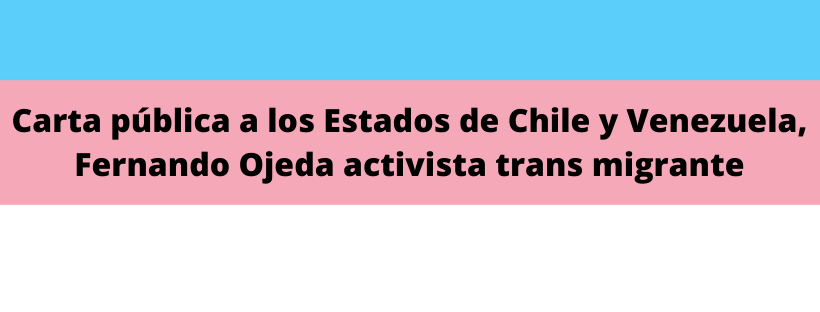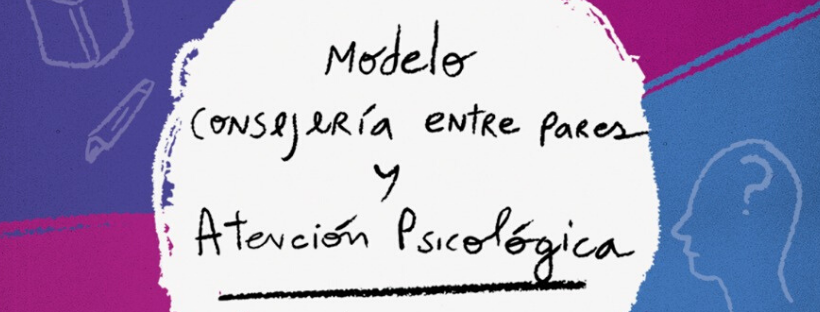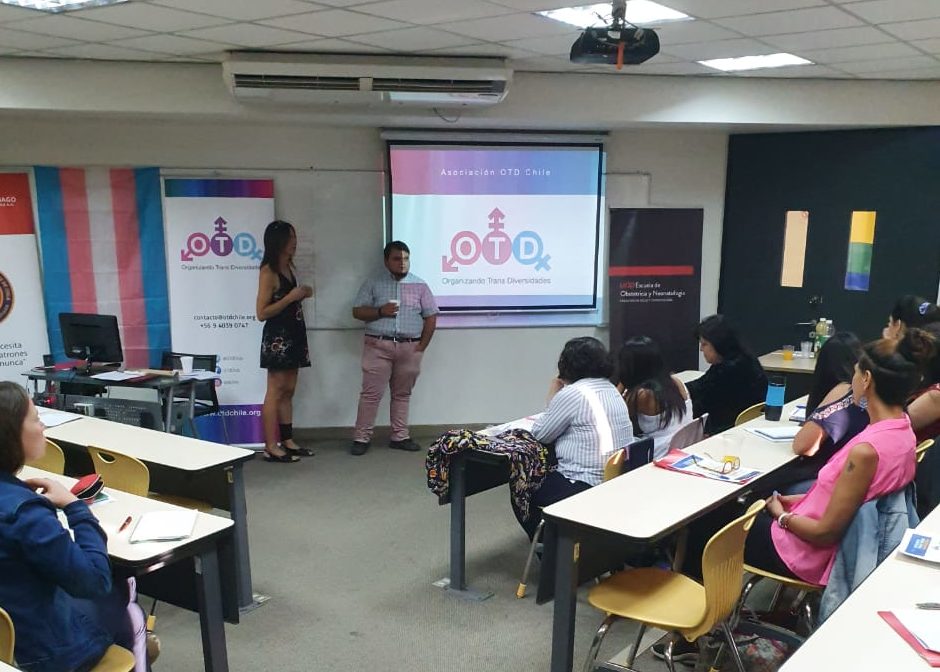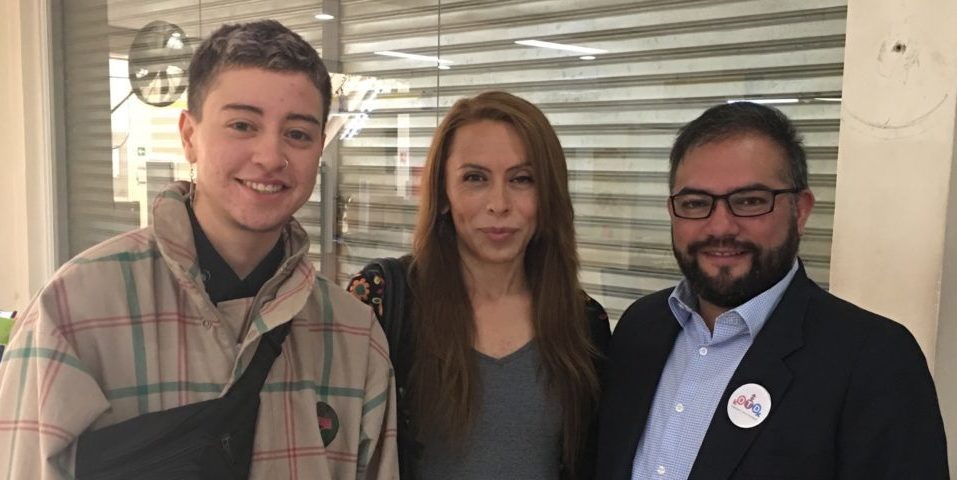This April 27 marks two years since the publication of circular 0768 of the Superintendency of Education, which recognizes trans students in Chile and obliges all schools to respect the social name, uniform and use of the bathroom according to self-perceived gender identity.
This was the first document issued by the Mineduc that, in some way, legally recognizes trans childhood and adolescence, obliging schools in the country to respect it. But what has happened in these two years? At OTD Chile we were interested in being able to rescue the vision of people who have worked on the issue, whether they are mothers, activists or education professionals.
Ximena Maturana is the coordinator of the self-managed school for trans girls Amaranta Gómez and director of the Fundación Selenna, has a trans daughter and has been an activist for 3 years. They have undertaken this project as a response to the fact that there were 6 children outside the school system. “The formal education system is failing the children,” he says categorically.
her daughter socialized her identity at age 12 after enrolling in a mixed Catholic school. While the family accepted, mobilizing the institution to do so was more complex. “The first conflict was with myself because I didn’t have the tools or the knowledge,” she says. While the school argued its lack of knowledge and possible conflicts with other parents, Ximena decided to close the school year early in 2017, with the goal of returning in 2018, but only lasted a month in school.
Teachers who do not respect their social name, invisibilization and social pressure made her desist. ” For a mother like me, school is a safe place, but I started to have insecurity, my daughter wasn’t calm, didn’t want to go, their stomach hurt, they didn’t say anything, but they don’t need to say it, I felt it.”
That feeling was something Mariela wanted to avoid with their son, who began his transit late last year and is now enrolled in another school. “He was there since third grade and had had trouble adjusting, he didn’t feel comfortable with the girls or the boys, he didn’t want to expose himself because he didn’t feel part of them.” he says. The search was not easy, but thanks to networks with organizations and the Office of diversity of the commune got a spot.
He’s the only trans kid in school and only a few people know it. “I interviewed the principal, he had a very good disposition, I told him about the circular, I had it, but I didn’t know the details because he asked me questions about how to carry certain things and I didn’t know much either,” says Mariela. “I was orienting them that they had to do a training and the diversity department did it, they were all the teachers who were going to do classes before they started the school year and I introduced myself to them.”
Both mothers agree on the need to find a suitable space for each child and not the other way around. “When you apply for your child, you should think if it is the place you want, if it fits the educational model. I changed my son from the previous school because he was very academic and I wanted something else,” says Mariela.
“Education is important, but there are millions of schools and we can find the space for each one,” says Ximena. “When we begin to respect diversity as the source of human beings and that we are all different here, then we will only be able to understand that there are diverse bodies.”
Mariela also calls for the empowerment and formation of mapadres “One as a mother who worries that her child is well should be a contribution to the other areas, we can’t say it’s just your responsibility” she says. Talks and training in schools are essential for professionals. “People’s ignorance is what makes them make mistakes and stigmatize them.”
Ximena goes a little further and sees the need to question what is being transmitted in the classroom. “The circular helped to open doors, but several things are missing. Most of the principals don’t know it until they are presented with a case in their establishment; the children have the space that guarantees the circular but within the classroom they are invisible because the subject is not touched, not spoken, because you have to behave like a cis girl, there is no trans identity.”
Karyna Durán’s experience as a psychologist at the Manuel Barros Borgoño High School in Santiago, an emblematic monogenic establishment for boys, is proof of this. She has been working for seven years and has had to accompany the transit of two trans girls. At first, he felt ignorant about the subject, he only knew about the University, which is a brushstroke. “It’s like an iceberg,” she says.
“With the students and parents, we had no major inconvenience. However, where we had the most problems were with the adult world, with the teachers and education assistants, they said things like why don’t they go to a mixed or women’s school. It was in 2016, the discussion began to be based on that theme, if we are a men’s school, why doesn’t this person go to a mixed school where he feels integrated,” he says. A situation that hasn’t changed much.
“There is a circular, but it is not put into practice because there is a lot of resistance to knowing what it really says, what the rights and duties are, because it is not that one wants to let students do and undo them,” he says.
The presence of women in a monogeneric high school of men tension tradition was the basis of its defense. “They say it is necessary to remain with the emblematic tradition, that the male and female professors are not trained to teach women, when the brain of a person in formation is the same.”
How to move forward? “It is necessary to improve the treatment of the institutions, from the adult world with the children, to begin to form communities of good treatment, to be a little more empathetic, there is much distinction between us adults and students, a separation between the authority that we must exercise. At some point we have to set certain limits, but we have to stop using power towards the students because we are forming people. Sometimes we don’t realize it, but we have a big impact on what happens in a classroom,” says Karyna.
For Mariela and Ximena, the need to change from school to child or adolescent when socializing their identity is the first step, as well as listening and adapting to their needs. Added to this is the assumption of an active paternity and maternity that empowers the experience of their children.
Kris Córdova, coordinator of OTD Chile’s Education Unit, explains: “Our experience working with educational establishments is that here we lacked a comprehensive public policy to implement the circular. When you go to schools you realize that they don’t know how to interpret it or they don’t know about it. Institutions don’t have anyone to ask either and this has fallen to civil society organizations that we have had to patch up, so to speak, to improve implementation. As a recommendation, instead of circulars, they should be integral public policies that consider goals, resources and follow-up.”
Translated by: Camila Mella
